Top 10 Best Renewable Nuclear Energy Companies in Europe 2023
Top 10 Best Renewable Nuclear Energy Companies in Europe 2023

Nuclear energy companies are not considered renewable energy sources due to the limited availability of uranium, the primary fuel used in nuclear reactors.
Nuclear energy is a type of low-carbon energy that is produced by splitting atoms in a process known as nuclear fission. This process releases a large amount of energy in the form of heat, which is then used to generate electricity. Nuclear energy is a controversial topic due to concerns about the safety and environmental risks associated with nuclear energy production.
Proponents of nuclear energy argue that it is a reliable, low-carbon energy source that can help to reduce greenhouse gas emissions and mitigate the impact of climate change. Nuclear power plants do not produce greenhouse gas emissions during operation, unlike fossil fuel power plants that rely on burning coal, oil, or natural gas. Nuclear energy can also be produced at a large scale, making it a viable option for meeting the energy needs of growing populations.

However, opponents of nuclear energy argue that it poses significant safety and environmental risks. Nuclear accidents, such as the Chornobyl disaster in 1986 and the Fukushima disaster in 2011, have had catastrophic consequences, including loss of life and long-term environmental damage.
The production of nuclear waste is also a significant concern, as radioactive waste can remain dangerous for thousands of years and poses a risk to public health and the environment.
Despite these concerns, nuclear energy remains a significant source of low-carbon energy production in many countries around the world. Governments and energy companies are working to improve the safety and sustainability of nuclear energy production through innovations in reactor design and waste management technologies.
However, the use of nuclear energy remains a controversial issue and is subject to ongoing debate and discussion.
While nuclear energy does not produce greenhouse gas emissions, it does generate radioactive waste that poses significant environmental risks.
That being said, there are some companies in Europe that specialize in nuclear energy production and have a focus on safety and sustainability. These companies include:
EDF –
EDF is a French energy company that operates nuclear power plants in France and the UK. The company is committed to safety and has implemented a number of measures to reduce the risk of nuclear accidents.
EDF (Electricité de France) is a French energy company that provides electricity and gas to customers in France and several other countries, including the UK, Italy, and Belgium. The company was founded in 1946 and has since grown to become one of the largest energy companies in the world.
EDF is committed to sustainability and reducing the impact of energy production on the environment. The company has invested heavily in renewable energy sources, including wind, solar, and hydropower, and has set a target of achieving carbon neutrality by 2050. EDF’s renewable energy solutions help to reduce greenhouse gas emissions and mitigate the impact of climate change.
EDF is also involved in nuclear energy production, with a focus on safety and reliability. The company operates 58 nuclear reactors in France, producing over 70% of the country’s electricity.
EDF is also involved in nuclear energy projects in the UK, China, and other countries. The company is committed to ensuring the safety of its nuclear operations and has implemented a number of measures to reduce the risk of nuclear accidents.
In addition to renewable and nuclear energy, EDF provides a range of energy-related services, including energy storage, energy management, and energy efficiency solutions
Rosatom –
Rosatom is a Russian state-owned company that is responsible for nuclear energy production in Russia. The company is also involved in nuclear research and development.
Rosatom is a Russian state-owned company that specializes in nuclear energy production and nuclear technology development. The company was founded in 2007 and has since grown to become one of the largest nuclear energy companies in the world.
Rosatom is committed to sustainability and reducing the impact of energy production on the environment. The company has invested heavily in renewable energy sources, including wind, solar, and hydropower, as well as nuclear energy production.
Rosatom’s nuclear energy solutions help to reduce greenhouse gas emissions and mitigate the impact of climate change.
Rosatom is involved in all aspects of the nuclear fuel cycle, including uranium mining, enrichment, and fuel fabrication. The company also designs, constructs, and operates nuclear power plants in Russia and other countries, including India, Turkey, and China.
Rosatom is committed to ensuring the safety of its nuclear operations and has implemented a number of measures to reduce the risk of nuclear accidents.
In addition to nuclear energy, Rosatom also provides a range of nuclear technology solutions, including medical isotopes, radiation technologies, and nuclear research reactors.
The company is committed to innovation and technology development and invests heavily in research and development to improve the efficiency and safety of its nuclear energy solutions.
Despite concerns about the safety and environmental risks associated with nuclear energy production, Rosatom continues to play a major role in the global energy industry, particularly in developing countries where the demand for energy is growing rapidly.
The company’s focus on safety and sustainability, combined with its expertise in nuclear technology, make it a trusted partner for governments and businesses seeking to transition to low-carbon energy sources.
Orano –
Orano is a French company that specializes in nuclear fuel cycle activities, including uranium mining, enrichment, and fuel fabrication.
Orano, formerly known as Areva, is a French multinational company that specializes in nuclear energy production and nuclear technology development. The company was founded in 2001 and has since become a major player in the global nuclear energy industry.
Orano is involved in all aspects of the nuclear fuel cycle, including uranium mining, enrichment, and fuel fabrication. The company also designs, constructs, and operates nuclear power plants in several countries around the world, including France, China, and the United States.
Orano is committed to ensuring the safety of its nuclear operations and has implemented a number of measures to reduce the risk of nuclear accidents.
In addition to nuclear energy production, Orano also provides a range of nuclear technology solutions, including waste management, decommissioning, and nuclear medicine.
The company is committed to innovation and technology development and invests heavily in research and development to improve the efficiency and safety of its nuclear energy solutions.
Orano is also committed to sustainability and reducing the impact of energy production on the environment.
The company has invested heavily in renewable energy sources, including wind and solar, and has set a target of reducing its greenhouse gas emissions by 60% by 2030. Orano’s renewable energy solutions help to reduce greenhouse gas emissions and mitigate the impact of climate change.
Despite concerns about the safety and environmental risks associated with nuclear energy production, Orano continues to play a major role in the global energy industry, particularly in countries where the demand for energy is growing rapidly.
The company’s focus on safety and sustainability, combined with its expertise in nuclear technology, make it a trusted partner for governments and businesses seeking to transition to low-carbon energy sources.
Vattenfall – Vattenfall is a Swedish energy company that operates nuclear power plants in Sweden and Germany. The company is committed to safety and has implemented a number of measures to reduce the risk of nuclear accidents.
Vattenfall is a Swedish energy company that provides electricity, heat, and gas to customers in several European countries, including Sweden, Germany, Denmark, and the Netherlands. The company was founded in 1909 and has since grown to become one of the largest energy companies in Europe.
Vattenfall is committed to sustainability and reducing the impact of energy production on the environment. The company has invested heavily in renewable energy sources, including wind, solar, and hydropower, and has set a target of achieving climate neutrality by 2050. Vattenfall’s renewable energy solutions help to reduce greenhouse gas emissions and mitigate the impact of climate change.
Vattenfall is one of the largest operators of wind farms in Europe, with a capacity of over 3,500 MW. The company’s wind power solutions are designed to be efficient, reliable, and sustainable, with a focus on reducing the cost of wind energy. Vattenfall is also involved in offshore wind projects in several European countries, including the UK, the Netherlands, and Denmark.
Fortum –
Fortum is a Finnish company that operates nuclear power plants in Finland and Sweden. The company is committed to safety and has implemented a number of measures to reduce the risk of nuclear accidents.
Fortum is a Finnish energy company that provides electricity, heat, and gas to customers in Finland, Sweden, and several other European countries. The company was founded in 1998 and has since become one of the largest energy companies in the Nordic region.
Fortum is committed to sustainability and reducing the impact of energy production on the environment. The company has invested heavily in renewable energy sources, including wind, solar, and hydropower, and has set a target of achieving carbon neutrality by 2050.
Fortum’s renewable energy solutions help to reduce greenhouse gas emissions and mitigate the impact of climate change.
Fortum is one of the largest operators of hydropower plants in the Nordic region, with a capacity of over 3,000 MW.

The company’s hydropower solutions are designed to be efficient, reliable, and sustainable, with a focus on reducing the cost of hydropower. Fortum is also involved in wind power projects in several European countries, including Norway, Sweden, and Russia.
In addition to renewable energy, Fortum also provides a range of energy-related services, including energy storage, energy management, and energy efficiency solutions.
The company is committed to innovation and technology development and invests heavily in research and development to improve the efficiency and performance of its renewable energy solutions.
Overall, Fortum is a leader in the renewable energy sector, with a strong focus on sustainability and innovation. The company’s hydropower, wind, and solar solutions help to reduce greenhouse gas emissions and mitigate the impact of climate change.
With continued investment and innovation, Fortum is well-positioned to play a key role in the transition to a more sustainable energy future.
CEZ –
CEZ is a Czech energy company that operates nuclear power plants in the Czech Republic. The company is committed to safety and has implemented a number of measures to reduce the risk of nuclear accidents.
CEZ is a Czech energy company that provides electricity, heat, and gas to customers in the Czech Republic and several other countries in Central and Eastern Europe. The company was founded in 1992 and has since become one of the largest energy companies in the region.
CEZ is committed to sustainability and reducing the impact of energy production on the environment. The company has invested heavily in renewable energy sources, including wind, solar, and hydropower, and has set a target of increasing the share of renewable energy in its portfolio to 30% by 2030.
CEZ’s renewable energy solutions help to reduce greenhouse gas emissions and mitigate the impact of climate change.
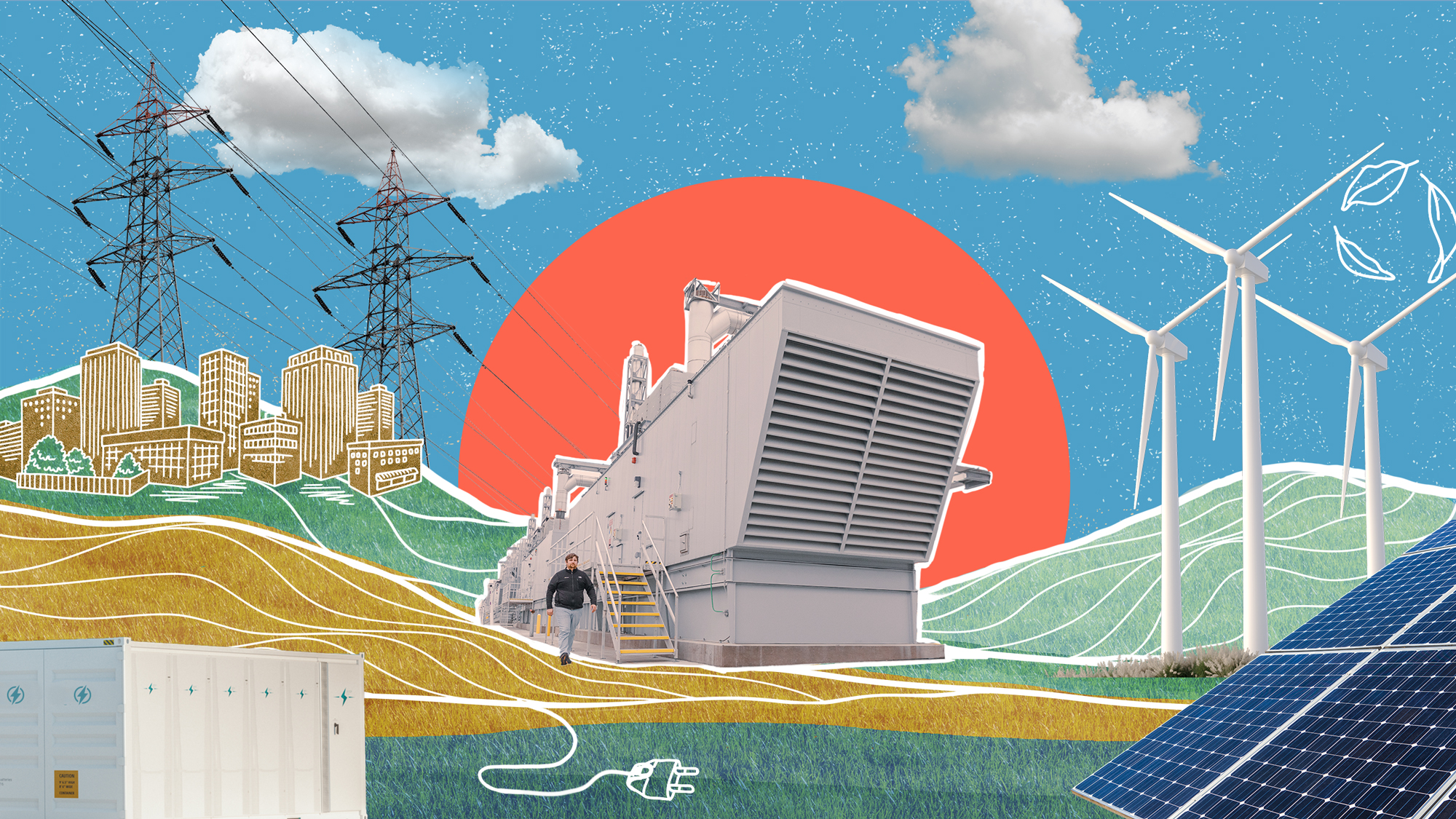
CEZ is one of the largest operators of wind farms in Central and Eastern Europe, with a capacity of over 1,200 MW. The company’s wind power solutions are designed to be efficient, reliable, and sustainable, with a focus on reducing the cost of wind energy. CEZ is also involved in solar power projects in several European countries, including the Czech Republic, Romania, and Bulgaria.
In addition to renewable energy, CEZ also provides a range of energy-related services, including energy storage, energy management, and energy efficiency solutions. The company is committed to innovation and technology development and invests heavily in research and development to improve the efficiency and performance of its renewable energy solutions.
Overall, CEZ is a leader in the renewable energy sector in Central and Eastern Europe, with a strong focus on sustainability and innovation. The company’s wind, solar, and hydropower solutions help to reduce greenhouse gas emissions and mitigate the impact of climate change. With continued investment and innovation, CEZ is well-positioned to play a key role in the transition to a more sustainable energy future.
EnBW –
EnBW is a German energy company that operates nuclear power plants in Germany. The company is committed to safety and has implemented a number of measures to reduce the risk of nuclear accidents.
EnBW is a German energy company that operates in the fields of electricity, gas, water, and energy-related services. The company is headquartered in Karlsruhe, Germany, and has operations in several European countries, including Germany, France, Sweden, and the UK.
EnBW is committed to sustainability and renewable energy, with a goal of achieving climate neutrality by 2035. The company’s energy portfolio includes renewable energy sources such as wind power, solar power, and hydropower, as well as natural gas and nuclear energy.
EnBW is one of the largest operators of wind farms in Germany, with a capacity of over 1,300 MW. The company is also involved in offshore wind projects in the North Sea and has plans for further expansion in the coming years. EnBW’s wind power solutions are designed to be efficient, reliable, and sustainable, with a focus on reducing the cost of wind energy.
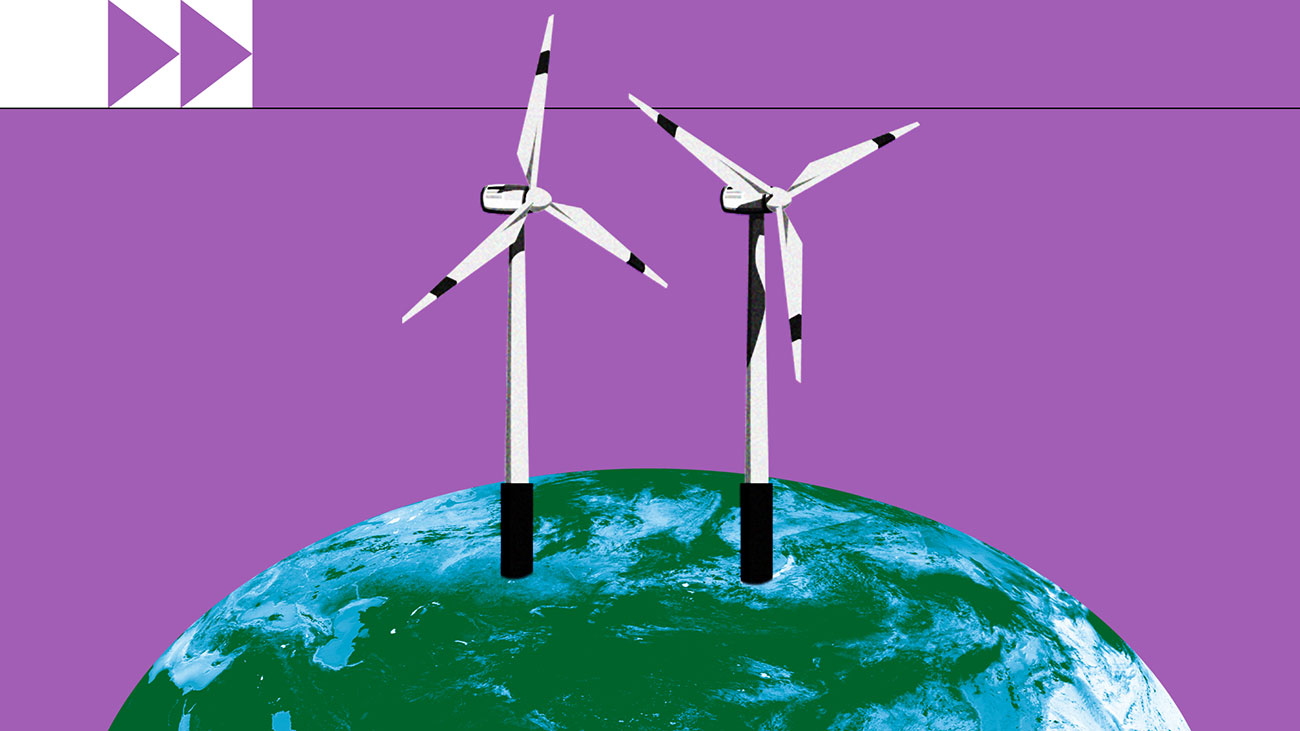
Iberdrola –
Iberdrola is a Spanish company that operates nuclear power plants in Spain. The company is committed to safety and has implemented a number of measures to reduce the risk of nuclear accidents.
Iberdrola operates in all areas of the electricity value chain, including generation, transmission, distribution, and retail. The company’s generation mix is heavily focused on renewable energy sources, such as wind, solar, and hydroelectric power. Iberdrola is the world’s largest producer of wind power, with a total installed capacity of over 30 GW.
In addition to its energy generation activities, Iberdrola is also involved in research and development activities aimed at advancing the use of renewable energy and improving energy efficiency. The company has established several research centers and innovation hubs, including the Iberdrola Innovation Middle East center in Qatar and the Iberdrola Innovation Mexico center in Mexico City.

Iberdrola is committed to sustainability and has set ambitious targets to reduce its carbon emissions and increase the share of renewable energy in its generation mix. The company has also been recognized for its efforts to promote gender diversity and has been included in the Bloomberg Gender-Equality Index for several consecutive years.
Iberdrola has a strong presence in several markets, including Spain, the UK, the United States, Brazil, and Mexico. The company has also been expanding its operations in other markets, such as France and Japan, through acquisitions and strategic partnerships.
Overall, Iberdrola is a leading player in the global energy market, with a strong focus on renewable energy and a commitment to sustainability and innovation. The company’s investments in research and development and its efforts to promote gender diversity and sustainability are a testament to its commitment to creating a more sustainable and equitable future.
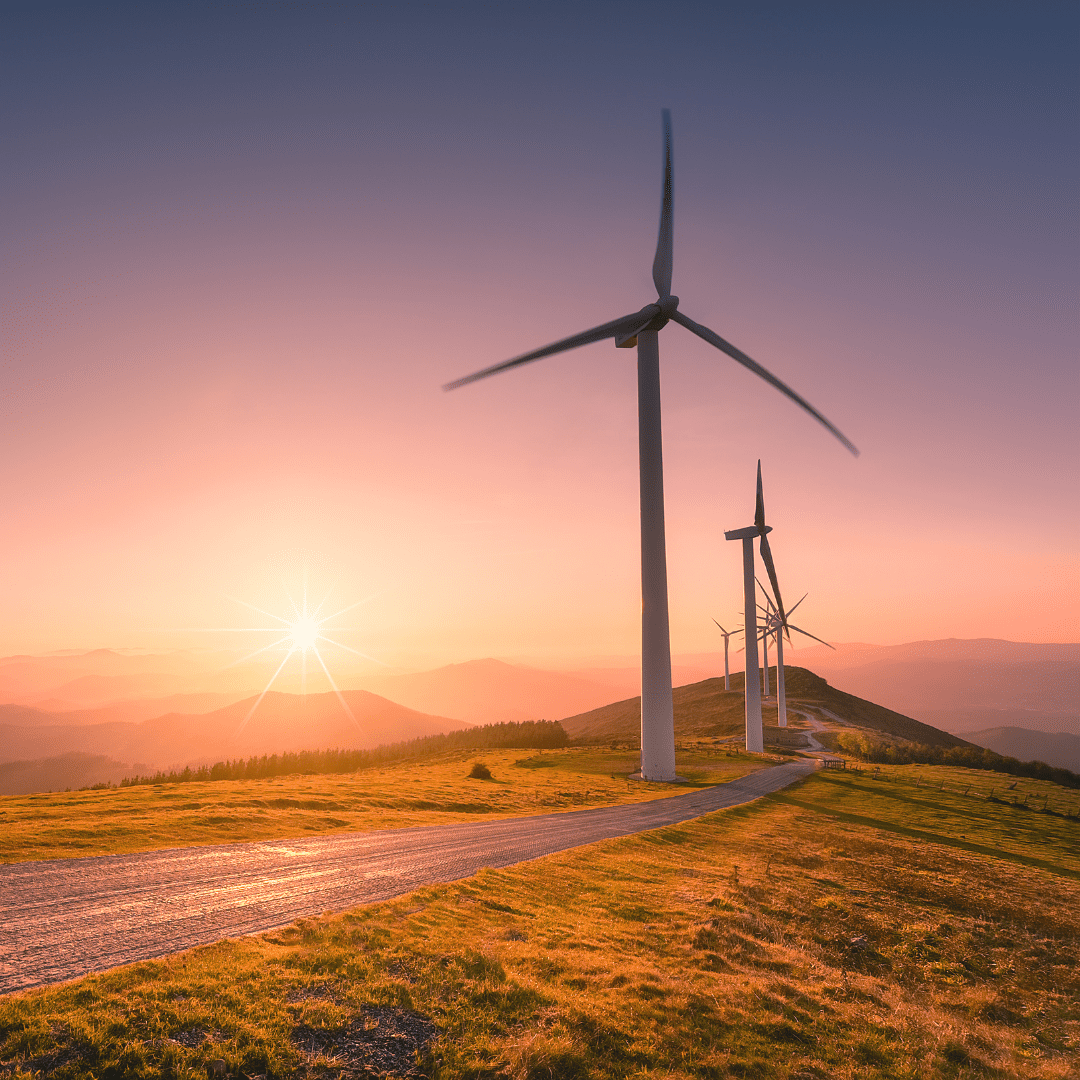
Endesa –
Endesa is a Spanish energy company that operates nuclear power plants in Spain. The company is committed to safety and has implemented a number of measures to reduce the risk of nuclear accidents.
Endesa is a Spanish energy company that provides electricity and gas to customers in Spain, Portugal, and several Latin American countries, including Brazil, Chile, and Peru. The company was founded in 1944 and has since become one of the largest energy companies in Europe.
Endesa is committed to sustainability and reducing the impact of energy production on the environment. The company has invested heavily in renewable energy sources, including wind, solar, and hydropower, and has set a target of achieving carbon neutrality by 2050.
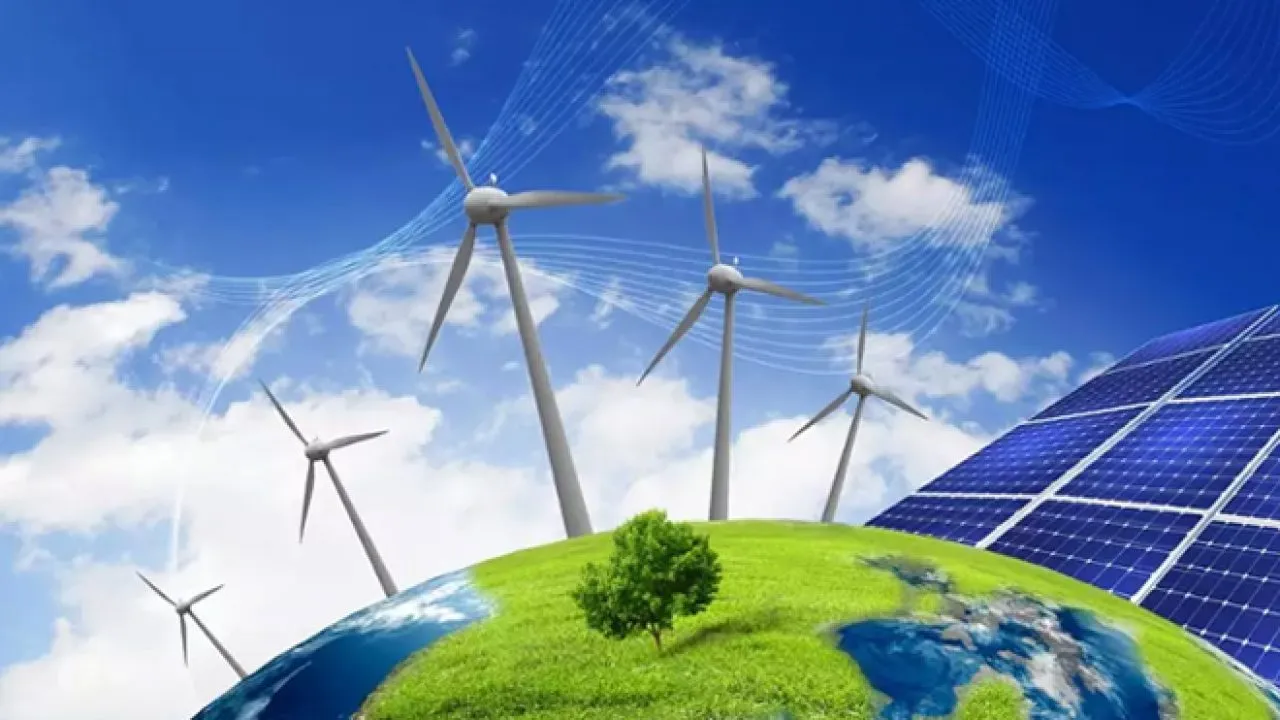
Endesa’s renewable energy solutions help to reduce greenhouse gas emissions and mitigate the impact of climate change.
Endesa is one of the largest operators of wind farms in Spain, with a capacity of over 7,500 MW. The company’s wind power solutions are designed to be efficient, reliable, and sustainable, with a focus on reducing the cost of wind energy. Endesa is also involved in solar power projects in several European countries, including Spain, Portugal, and Italy.
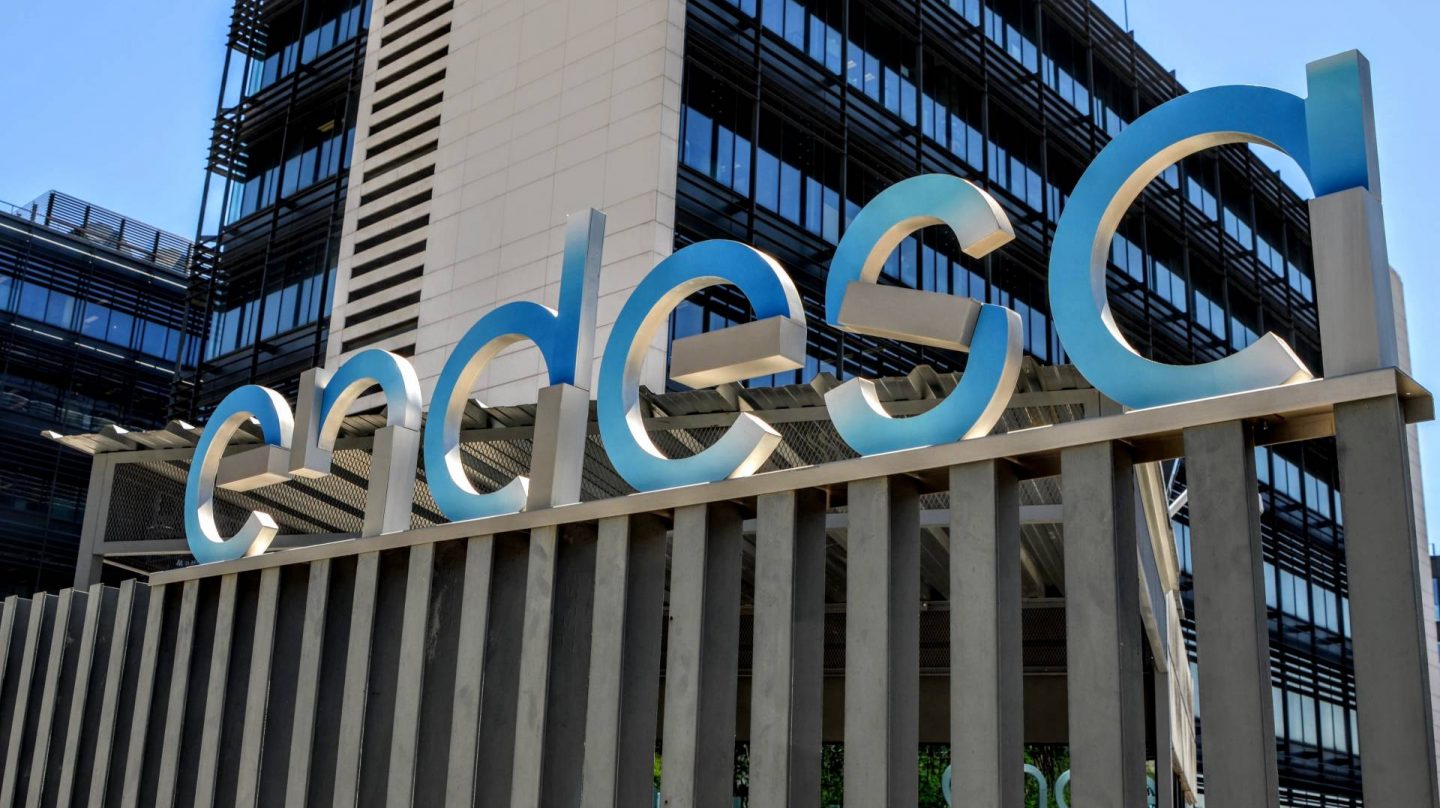
In addition to renewable energy, Endesa also provides a range of energy-related services, including energy storage, energy management, and energy efficiency solutions. The company is committed to innovation and technology development and invests heavily in research and development to improve the efficiency and performance of its renewable energy solutions.
Overall, Endesa is a leader in the renewable energy sector, with a strong focus on sustainability and innovation. The company’s wind, solar, and hydropower solutions help to reduce greenhouse gas emissions and mitigate the impact of climate change. With continued investment and innovation, Endesa is well-positioned to play a key role in the transition to a more sustainable energy future.
E.ON –
E.ON is a German energy company that operates nuclear power plants in Germany. The company is committed to safety and has implemented a number of measures to reduce the risk of nuclear accidents.
While these companies are involved in nuclear energy production, it is important to note that nuclear energy is not considered a renewable energy source. Instead, it is classified as a low-carbon energy source due to its limited greenhouse gas emissions.
It is also important to note that nuclear energy production poses significant environmental risks, including the production of radioactive waste that can remain dangerous for thousands of years. As such, the use of nuclear energy should be carefully considered in the context of overall energy production and climate change mitigation efforts.




